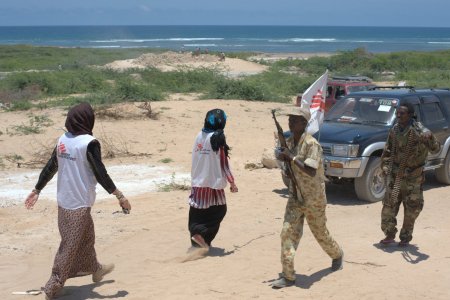 Yann Libessart
Analysis
Yann Libessart
Analysis
09/01/1993
Rony Brauman
In 1993, Médecins Sans Frontières left Somalia and denounced the methods of UN troops who were violating the very humanitarian principles in whose name they intervened.
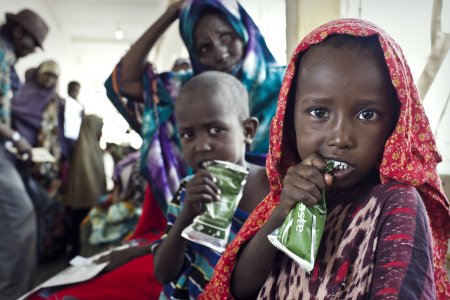 Sven Torfinn
Opinion
Sven Torfinn
Opinion
09/19/2011
Rony Brauman
In the context of emergency appeals in the Horn of Africa, Rony Brauman recalls the contemporary definition of a famine. While recognising the progress made in major crisis response mechanisms, he questions the alarmist attitude of the UN.
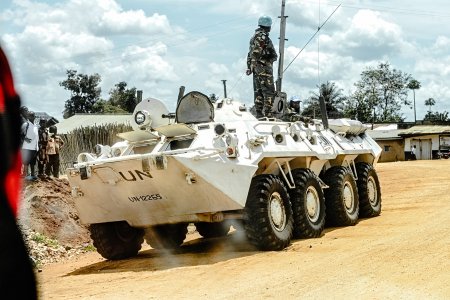 Helmut Wachter
Analysis
Helmut Wachter
Analysis
12/05/2006
Xavier Crombé
MSF is an independent organisation that carefully protects its autonomy. In this article, Xavier Crombé draws the connection between this founding principle and the issue of security for humanitarian actors.
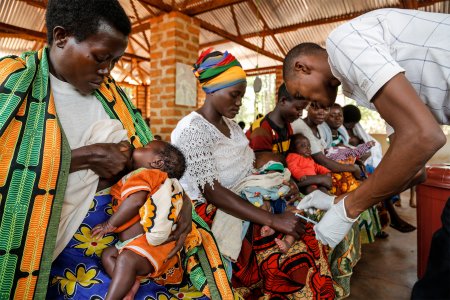 Louise Annaud
Analysis
Louise Annaud
Analysis
05/01/1994
Rony Brauman
For the publication of the Dictionnaire d'Ethique et de philosophie morale, the former president of Médecins Sans Frontières, Rony Brauman, offers a definition of humanitarian aid.
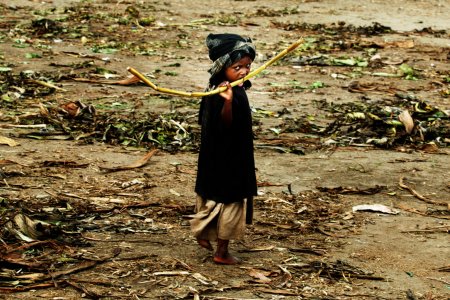 Juan Carlos Tomasi
Analysis
Juan Carlos Tomasi
Analysis
03/01/2003
Fabrice Weissman
Fabrice Weissman highlights the political factors at work behind the threat of famine - which, though very real, cannot be fully explained by natural causes - and casts a critical eye on the relief system, as well.
 Analysis
Analysis
02/22/2007
Fabrice Weissman
Fabrice Weissman looks at the major stages of the Darfur conflict since 2003 from the perspective of a humanitarian medical organisation. He questions the predominant reading of this crisis, and cautions against the illusions of international armed intervention in the region.
 Op-ed
Op-ed
07/29/2009
Jean-Hervé Bradol
Based on MSF's experience in responding to epidemics, Jean-Hervé Bradol describes the risks of spending precious time and energy on trying to delay the spread of the epidemic rather than on the case management of large numbers of sick people.
 Opinion
Opinion
09/03/2012
Rony Brauman
In this chronicle "Alternatives Internationales", Rony Brauman discusses the return of using community health workers as primary access points for healthcare, in the recommendations of the WHO and practices of some governments.
 Analysis
Analysis
10/01/1996
Rony Brauman
Behind the question, "Is humanitarianism a commitment?", Rony Brauman warns against the use of humanitarianism in the public arena. Investing the political realm with the moral expectations of a better world, humanitarianism might unintentionally be helping to make "survival of the fittest" more palatable.
 Op-ed
Op-ed
03/23/2007
Jean-Hervé Bradol
Fabrice Weissman
Jean-Hervé Bradol and Fabrice Weissman respond to Collectif Urgence Darfour's call for armed intervention in Darfur to "stop the massacres," and to promises along these lines by candidates in France's presidential election.
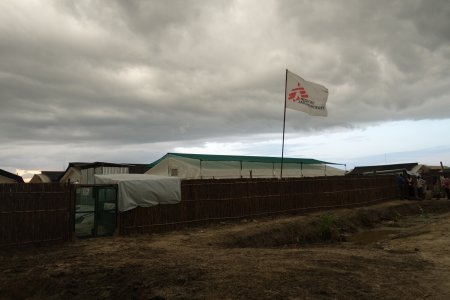 Jacob Kuehn
Analysis
Jacob Kuehn
Analysis
10/01/2009
Fabrice Weissman
This essay points out the fragility of the arguments most often used by humanitarian organizations to justify their support for an international criminal court. Questioning NGOs' infatuation with punitive justice, Fabrice Weissman argues that humanitarian organizations should advocate for politics of aid and mediation rather than for a global moral order based on judicial punishment and just war.
 Opinion
Opinion
09/10/2010
Rony Brauman
Rony Brauman criticises the International Criminal Court's indictment of the Sudanese president for genocide. If the prosecutor's argument is followed, humanitarian organisations working in the displaced people's camps should be charged with complicity in genocide.
 Yann Libessart
Analysis
Yann Libessart
Analysis






